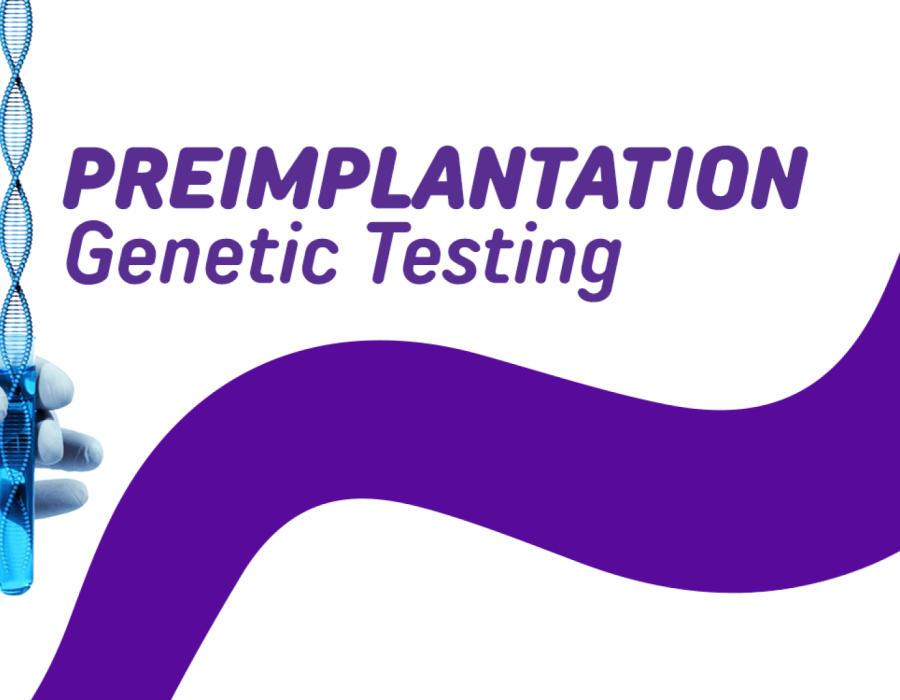Pre-implantation genetic testing (PGT) is an advanced procedure utilized in the context of in vitro fertilization (IVF) to analyze the genetic makeup of embryos before they are implanted into the uterus. This technique serves several crucial purposes:
1. Screening for Genetic Diseases
PGT allows for the detection of specific genetic disorders that one or both parents might be carriers of, such as cystic fibrosis, Huntington's disease, or Tay-Sachs disease.
2. Increasing IVF Success Rates
One of the significant challenges in IVF is the implantation of embryos that may not be viable, leading to failed pregnancies or miscarriages.
3. Reducing the Risk of Miscarriage
Genetic abnormalities are a common cause of miscarriages. By screening embryos for chromosomal abnormalities, such as aneuploidy (an abnormal number of chromosomes), PGT can significantly reduce the risk of miscarriage.
4. Selecting for Chromosomal Normality
This is important as abnormalities like trisomy 21, which causes Down syndrome, can be detected and avoided, leading to healthier pregnancies and reducing the risk of chromosomal disorders.
5. Family Balancing
Some couples use PGT for family balancing, where they select embryos of a particular gender. While this aspect is more controversial and subject to ethical considerations, it is a factor that some prospective parents consider.
6. Improving Outcomes for Older Mothers
Women of advanced maternal age have a higher risk of producing embryos with chromosomal abnormalities.
7. Assisting with Single Gene Disorders
For families with a history of single-gene disorders, PGT can be instrumental in ensuring that embryos free from these specific genetic conditions are selected for implantation.
Ethical Considerations
While PGT offers numerous benefits, it also raises ethical questions. The selection process based on genetic characteristics can lead to debates about eugenics, the value of lives with disabilities, and the potential for genetic discrimination.




.png)

Comments